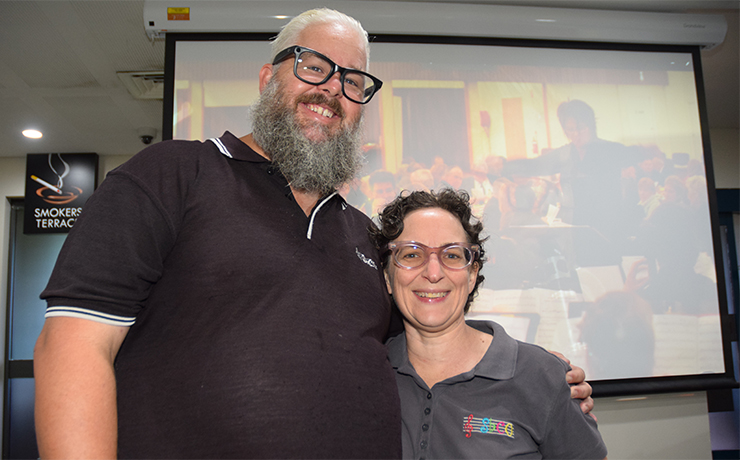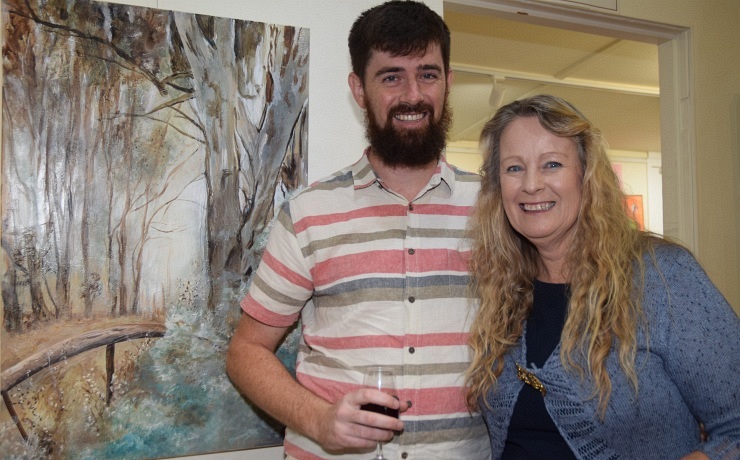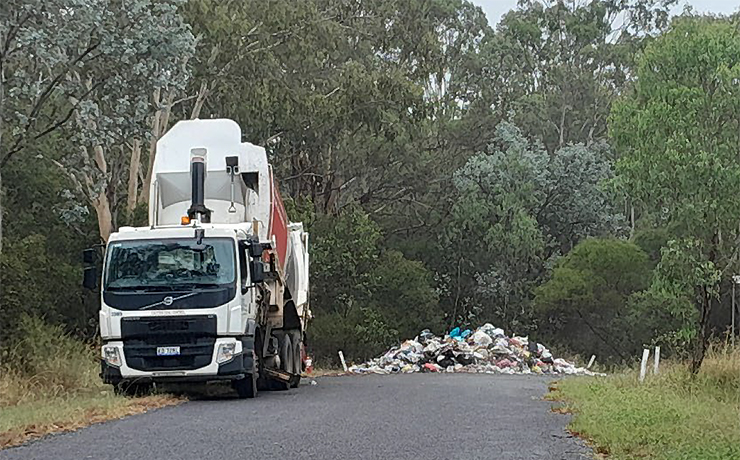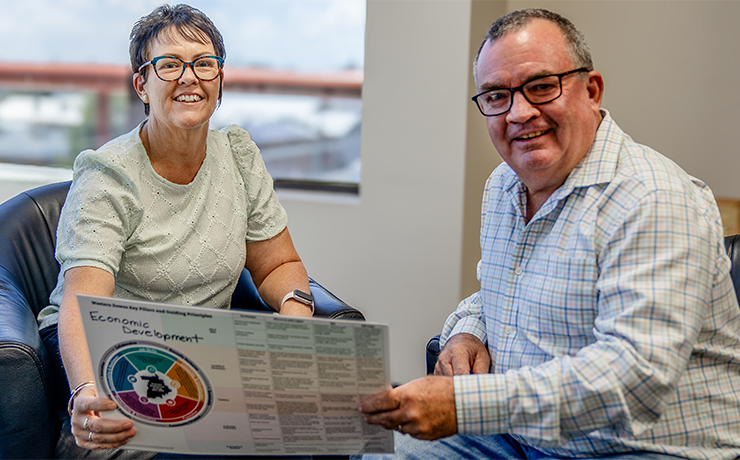
June 20, 2018
One-third of country people who are suffering moderate to high psychological distress don’t think they have a mental health problem.
That’s the key finding of research published recently in the Australian Journal of Rural Health.
Researchers at the University of Newcastle and Hunter New England Mental Health surveyed 2500 people.
Respondents were asked if they had experienced any mental health problems in the past 12 months, and then filled in a questionnaire that measured psychological distress.
A total of 472 people reported moderate to very high levels of psychological distress in the past 12 months, but one-third of these people did not report any mental health problems.
The survey demonstrated that a significant portion of country people have problems identifying mental illness.
The study said mental illness in rural areas was often under-reported because of the lack of mental health professionals working in the country.
But it noted that rural people were less likely to seek help even if services were available.
The study said “poor mental health literacy” was a critical barrier to country people getting the help they need.
It adds that country people were reluctant to acknowledge distress as a problem, and had a tendency to associate “mental health problems” with severe disorders that might require hospitalisation.
Lead author Dr Tonelle Handley has called for a public health campaign that specifically targets country people.
























